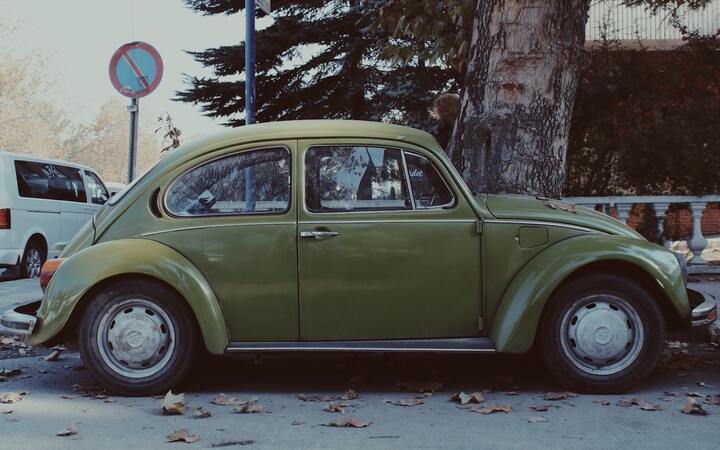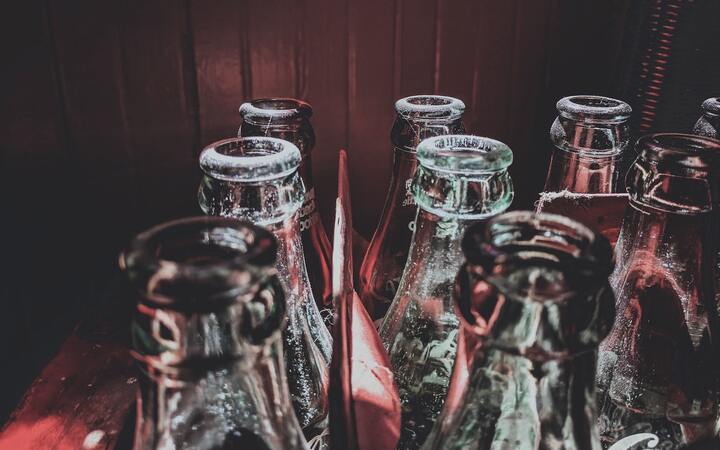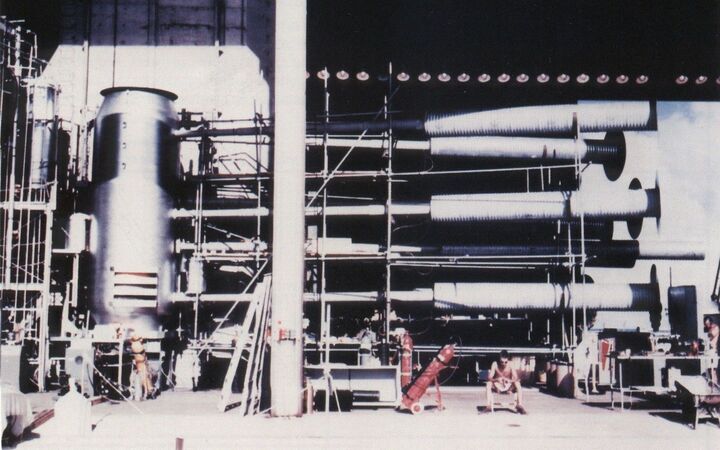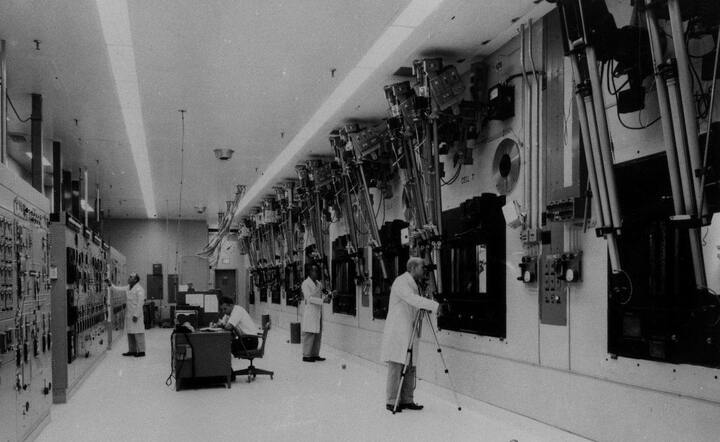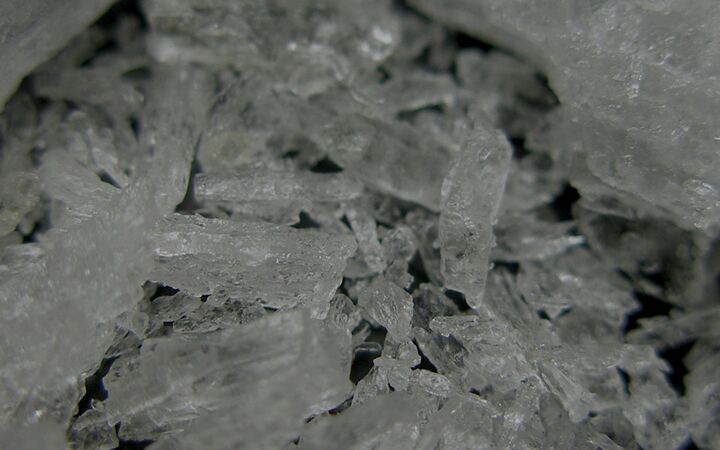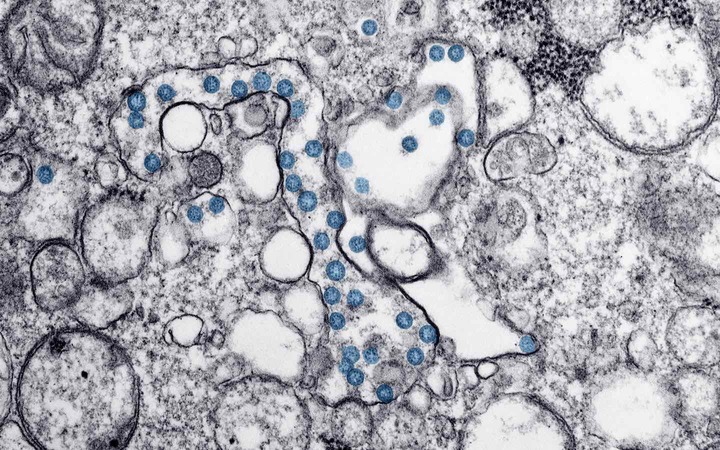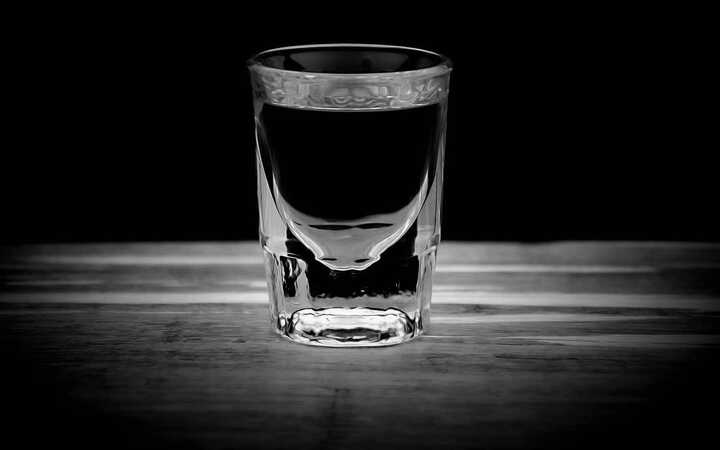We lose weight when we burn more calories than we eat. But how much weight do you lose for a given caloric deficit? This isn’t complicated. But it’s not trivial either, because the body has two forms of energy reserves:
-
Body fat is familiar. This is used for long-term energy storage.
-
Glycogen is the other form of storage. It’s stored in your liver and muscle cells and is the primary form of short-term energy storage.
The issue is: Glycogen is 10 times heavier than body fat per stored calorie. This means that changes in diet produce sharp swings in body weight that are easy to misinterpret if you don’t think about glycogen. So do think about glycogen. Use these four numbers:
| Bodyfat to store 1000 calories | 0.13kg (0.28 lb) | |
| Glycogen to store 1000 calories | 1.13kg (2.5 lb) | |
| Energy stored as glycogen in a typical person | ~2000 calories | |
| Weight of all glycogen in a typical person | ~2.25kg (5lb) |
Story time
Day 1. You’re an average adult and you stop eating for a day, creating a 2000-calorie per day deficit. What happens?
- To stay alive, your body burns your entire 2.25kg (5lb) of stored glycogen.
- Incidentally, this corresponds to around 0.5kg of sugar and 1.75kg of water. You’ll drink less or pee more to get rid of this.
- At the end of the day, you’re 2.25kg (5lb) lighter.
Day 2. You continue not eating. Since all your glycogen is gone, your body needs to burn fat. To make 2000 calories, it burns 0.26kg (0.57lb) of bodyfat.
Days 3-6. You continue not eating (don’t do this) and after 6 days you’ve lost 2.25kg of glycogen and 1.3kg of fat for a total of 3.55kg.
Day 7. You have a cheat day and eat 4000 calories. What happens?
- Your body uses 2000 calories to stay alive.
- It uses the other 2000 calories to make 0.5kg of sugar.
- It binds that sugar together with 1.75kg of water (obtained by peeing less or drinking more) to make 2.25kg of glycogen, which it packs away in your muscles and liver.
Now you’re only down 1.15kg, rather than 3.55kg like you were before the cheat day. But do you panic? No, you do not panic because you remember your good friend dynomight telling you that (a) fluctuations always happen when you begin or end of a diet because glycogen is heavy and (b) huge deficits are needed to lose any significant amount of fat.
Note: In reality, things aren’t quite this simple: Your body burns a mixture of fat and glycogen where the glycogen decreases over time. But it does appear to deplete pretty quickly.
Where do numbers come from?
First, remember this table from grade school?
| Macronutrient | Calories per gram |
|---|---|
| Carbohydrates | 4 |
| Protein | 4 |
| Fat | 9 |
Second, how much body fat do you need to store 1000 calories? Well, that corresponds to 1000/9=111g of pure fat. However, the body fat or “adipose tissue” in your body is only 87% fat. (You can’t just store blobs of pure fat; you still need vascular cells and whatnot.) So you need 111/0.87 = 128g of adipose tissue:
1000 calories
× (1g fat / 9 calories)
× (1g adipose tissue / 0.87g fat)
= 128g adipose tissue.
Third, how much glycogen do you need to store 1000 calories? Well, glucose is a carbohydrate so you’d need 1000/4=250g of pure glucose. But to store it, your body bundles together lots of glucose molecules into the polymer called glycogen and then stores it in a hydrated form with around 3.5g of water for each gram of glucose (plus a tiny bit of potassium). So you store 250×4.5=1125g of hydrated glycogen.
1000 calories
× (1g glucose / 4 calories)
× (4.5g hydrated glycogen / 1g glucose)
= 1125g hydrated glycogen
Fourth, how much total energy do you store as glycogen? An average person might store around 500g of non-hydrated glycogen, mostly in the skeletal muscles and less in the liver. That corresponds to 2000 calories.
Fifth, how much does all your stored glycogen weigh? Remember, you store it hydrated with 3.5g of water for each 1g of glucose. So the 500g of pure glycogen corresponds to around 500×4.5=2.25kg of hydrated glycogen. This is what people mean when they talk about “water weight”. It is mostly water, but how much you store is determined by calories, not how much water you drink.
Finally, for fun, how many calories do you store as fat? A typical person might have around 20% body fat (highly varying) and might weigh 80kg (also highly varying, and correlated). That would mean they have 16kg of body fat. That’s 16×0.87=13.9kg of pure fat or 13900×9=125000 calories.
80,000g humanmeat
× (0.2 g adipose tissue / 1 g humanmeat)
× (0.87 g fat / 1 g adipose tissue)
× (9 calories / 1 g fat)
= 125,000 calories






